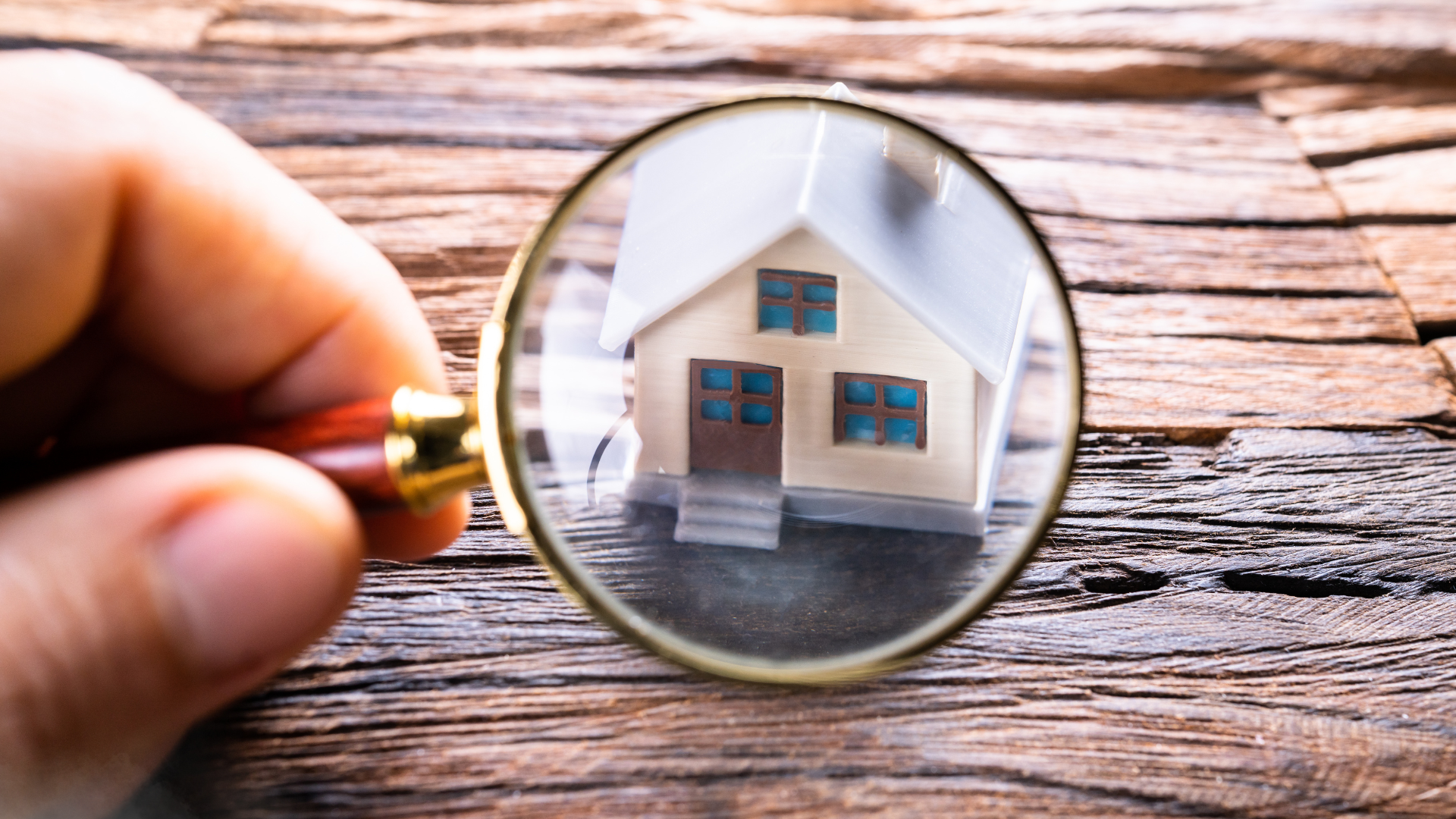Published June 13, 2025
What Should I Expect During the Home Inspection?

If you're buying a home in the Twin Cities metro area, one of the most important steps in the process is the home inspection. It’s your opportunity to take a closer look at the property you’re about to invest in—and it can give you peace of mind, negotiation power, or in some cases, a reason to walk away.
But what actually happens during a home inspection? Here’s what you can expect:
1. The Basics of a Home Inspection
A home inspection is a professional, objective visual examination of a home’s physical structure and systems—from the roof to the foundation. It typically lasts between 2–4 hours, depending on the size and condition of the home.
Your inspector will review major components like:
- Roof and exterior
- Foundation and basement
- Electrical system
- Plumbing
- HVAC (heating, ventilation, and air conditioning)
- Attic and insulation
- Windows and doors
- Interior walls, ceilings, and floors
- Appliances (if included in the sale)
- Grading and drainage around the home
- Walkways and driveway condition and safety
2. Who Should Attend the Inspection?
It’s strongly recommended that buyers attend the inspection (typically only the last hour or so for a walkthrough with the inspector). This allows you to ask questions in real time and get a better understanding of any issues. Your inspector can point out which items are routine maintenance and which ones may require further evaluation or immediate attention.
3. What the Inspection Does Not Cover
Home inspectors do a thorough job, but it’s important to know their limits. They don’t:
- Open walls or ceilings
- Test for mold, radon, or pests unless requested as a separate service
- Guarantee that all appliances or systems will continue working after the inspection
- Offer repair estimates (though some may give general guidance)
4. After the Inspection: The Report
Following the inspection, you’ll receive a detailed report, often with photos, outlining the condition of the home and any issues found. Your agent will help you review it and determine whether to:
- Move forward with the purchase as-is
- Request repairs or credits from the seller
- Re-negotiate terms
- Walk away (if contingencies allow)
5. Common Findings in Twin Cities Homes
In our region, many homes deal with:
- Roof wear from snow and ice
- Aging furnaces or AC systems
- Minor foundation settling
- Outdated electrical panels
None of these are necessarily deal-breakers, but they’re worth factoring into your decision and budget.
Bottom Line:
A home inspection is a vital part of the homebuying process and one we always encourage our clients to take seriously. It’s not about getting a “perfect” house—it’s about making an informed purchase. With the right agent and a trusted inspector, you'll be prepared to navigate this step with confidence.
Looking for a local Twin Cities inspector or have questions about the process?
Let’s connect—we're happy to walk you through every step of your home purchase journey!





